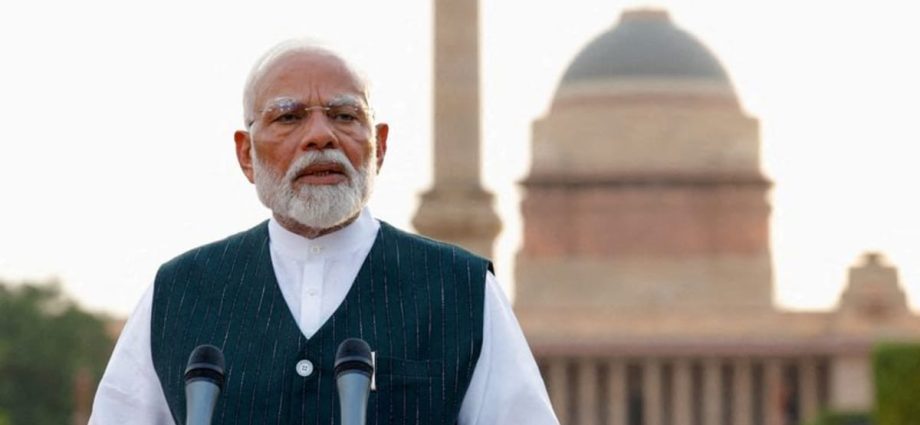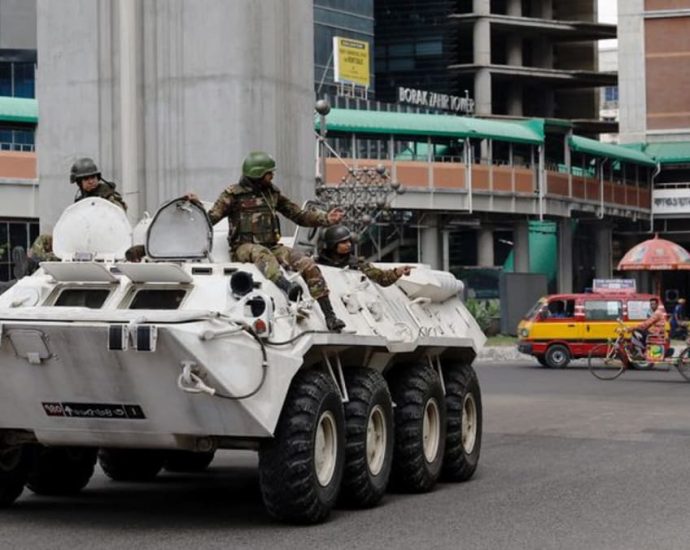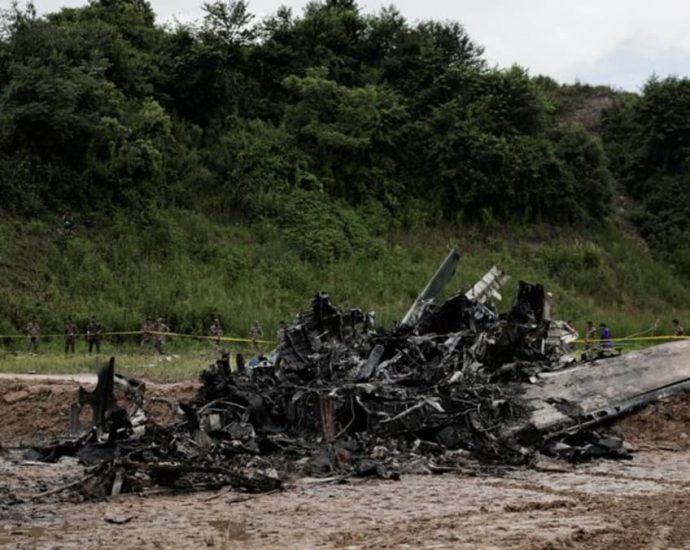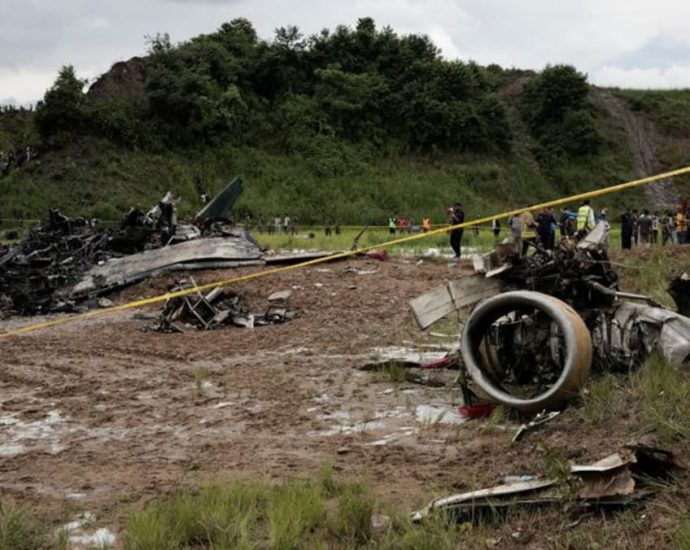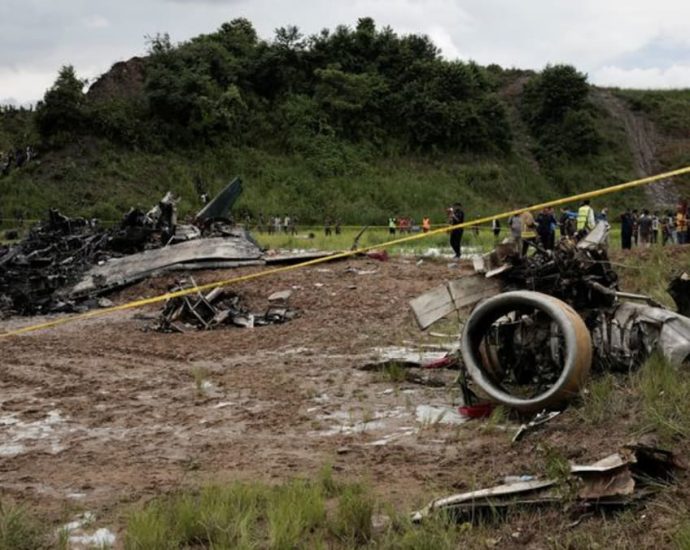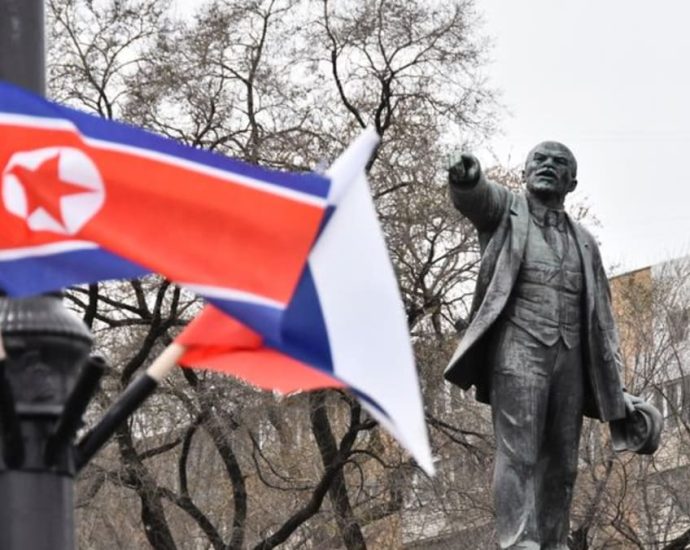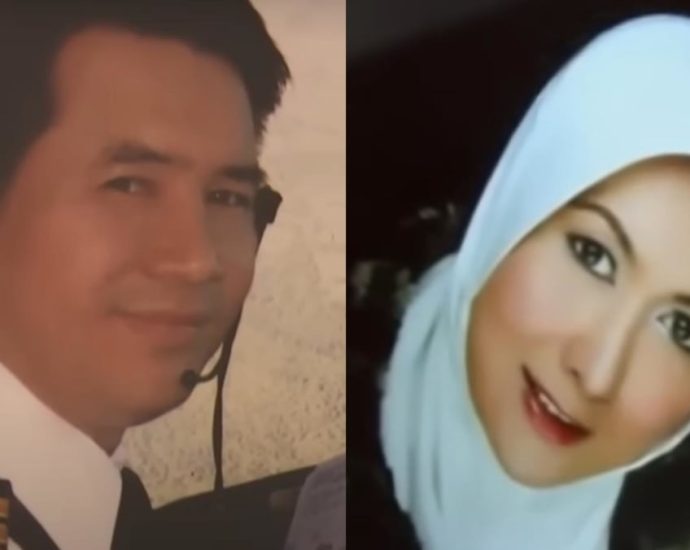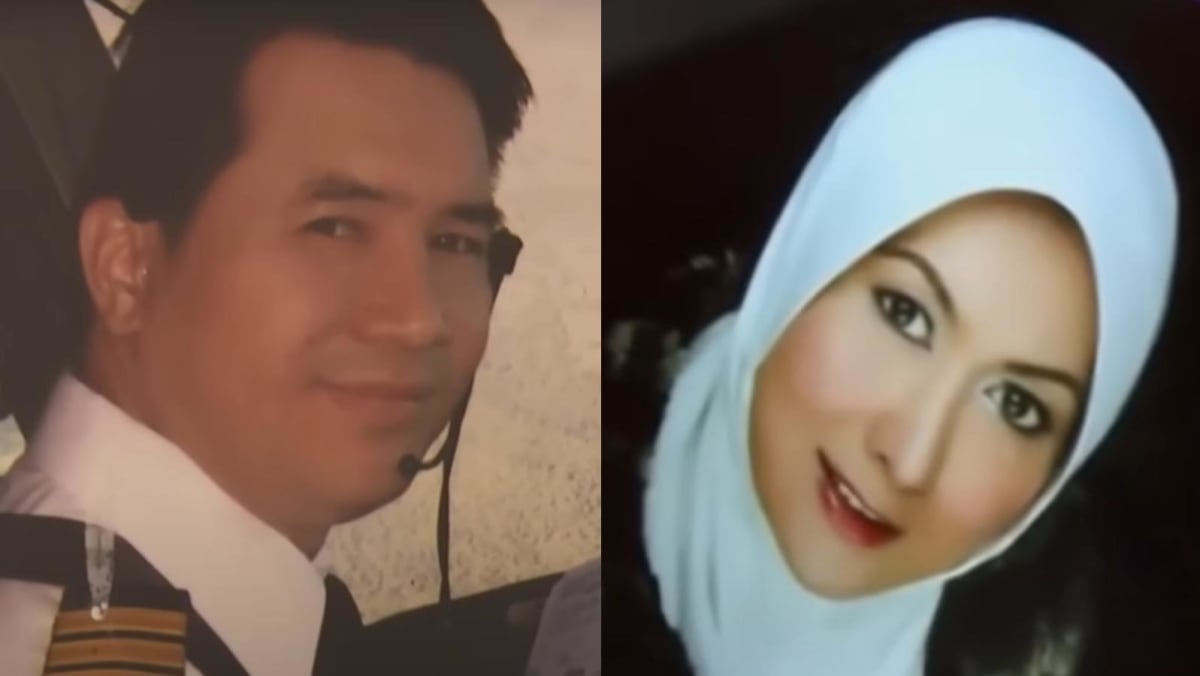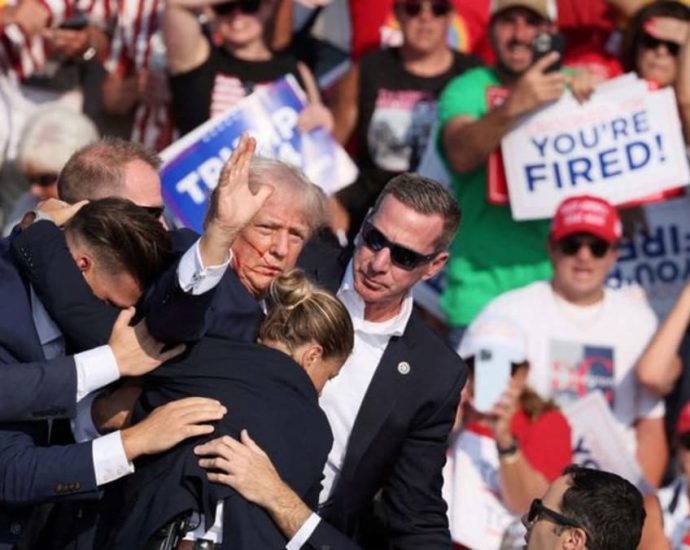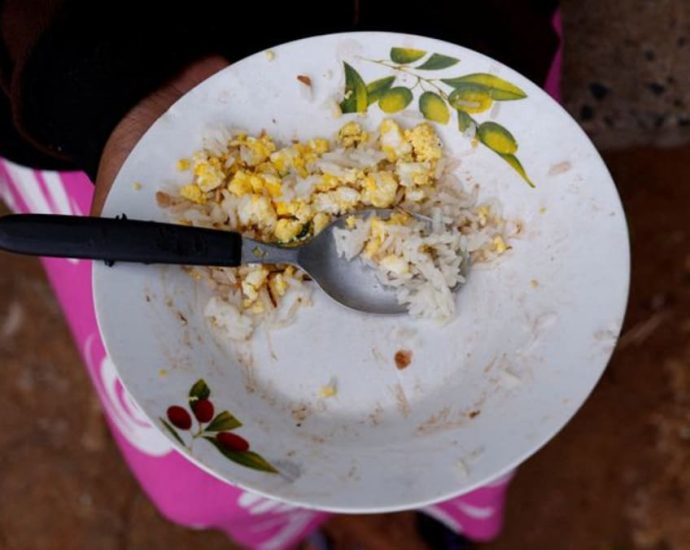Pakistan using ‘terrorism, proxy war’ to stay relevant, says India PM Modi
NEW DELHI: Indian Prime Minister Narendra Modi said on Friday ( Jul 26 ) that Pakistan is trying to stay relevant through “terrorism” and “proxy war” but its “unholy plans” will never succeed. India has long accused Pakistan of backing insurgents fighting its rule in Kashmir, the Himalayan place, bothContinue Reading

